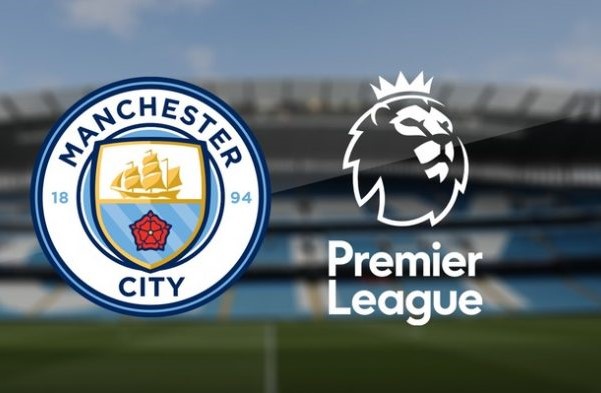Manchester City have claimed a partial victory in a legal fight with the Premier League over commercial rules governing clubs, including two large sponsorship deals the club was blocked from completing.
An independent panel found the Premier League’s rules regarding commercial deals between clubs and related parties break competition law in two specific ways.
City scaled the legal challenge against 25 of the regulations in the Premier League’s rulebook regarding Associated Party Transactions (APTs), as well as its decision to reject the two sponsorship deals.
The Premier League’s rules require any club, its players, manager or any ‘senior official’ to run dealings with ‘associated parties’.
‘Associated parties’’ are companies or people who have a significant interest in the relevant club, financially or otherwise.
The Premier League’s board then reviews each transaction, to assess whether it believes they represent a fair market value.
The league said the rule helps to build “fairness” across the division, by ending a “reliance on enhanced commercial revenues linked to the club’s ownership”.
The panel found partly in Manchester City’s favour, agreeing that shareholder loans – where shareholders or ‘associated parties’ lend to or borrow money from the clubs they own should not be excluded from those rules.
The panel also agreed with City’s claim that an updated version of the APT rules, which came into force in February this year, were unlawful because of wording changes, which tightened the interpretation of what constitutes ‘fair market value’ in commercial agreements.
The two sponsorship deals, with First Abu Dhabi Bank and another with Etihad Aviation Group, were blocked unfairly, the panel found, stating that the Premier League did not give City all of the information used for its decisions in time for them to respond.
They also found the Premier League, which itself admitted was understaffed at the time, took several months too long to reach its decision in both cases.
The Premier League has said it welcomed the tribunal’s findings, “which endorsed the overall objectives, framework and decision-making of the APT system but did identify a small number of discrete elements of the rules which do not, in their current form, comply with competition and public law requirements”.
“These elements can quickly and effectively be remedied by the League and clubs,” the Premier League added.
City thanked the panel, and said the findings found the Premier League to have “abused its dominant position” with its approach and rules.
“Manchester City argued they were victims of discrimination. They used that famous phrase that some Premier League clubs were jealous of their success, and that they were changing the rules and that it was a tyranny of the majority.
“Man City are today claiming a big, big victory. Of course, the Premier League have a different view but for City, this is a really big day, and they believe this is a big win for them.
“Man City are saying, ‘This is a big victory. We have won. The rules were unlawful, and we were right to take this action’.
“The Premier League are not claiming victory. They are saying that the tribunal’s findings overall endorsed their objectives, the framework and the decision-making of the APT system.
“They say the tribunal upheld the need for the APT system as a whole and rejected the majority of Man City’s challenges.
“Moreover, the tribunal found that the rules are necessary in order for the league’s financial controls to be effective. The tribunal did however find a small number of discrete elements of the rules that do not, in their current form, comply with competition and public law requirements.
“They go on to say Man City bought a wholesale challenge to the legality-designed framework and implementation of the APT rules. The club was unsuccessful in the majority of its challenges.”






